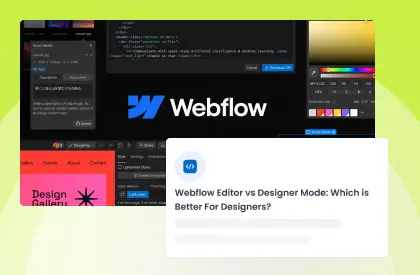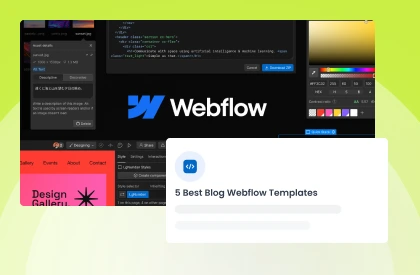Every day, thousands of websites launch with stunning designs and compelling content, yet most disappear into the digital void. The harsh reality? While 93% of online experiences begin with a search engine, less than 25% of websites ever reach Google's coveted first page.
What separates thriving online businesses from struggling ones isn't luck—it's strategy. Professional marketers use specialized SEO tools to uncover hidden opportunities and outmaneuver competitors who rely on guesswork.
61% of marketers now prioritize SEO and organic growth as their top marketing objective (HubSpot's State of Marketing 2024). The question isn't whether you need SEO tools, but which ones will give you the competitive edge to dominate search results.
Key Takeaways: What You'll Discover
- Game-Changing Tools Drive 300%+ Traffic Growth
- Budget-Smart Strategies Without Breaking the Bank
- AI-Powered SEO Features Reshaping Marketing
- Time-Saving Workflows Save 10+ Hours Weekly
- ROI Maximization Through Actionable Performance Metrics
- Clear Implementation Roadmap for Tool Selection
Take your website design to the next level with our stunning collection of Webflow templates. making them more manageable
What Are SEO Tools and Why Do They Matter?
SEO tools are specialized software platforms designed to help marketers, website owners, and SEO professionals analyze, optimize, and improve their website's visibility in search engine results. Think of them as your digital reconnaissance team—they gather intelligence about your competitors, identify opportunities you're missing, and provide the data you need to make informed optimization decisions.
But here's what most people don't realize: the average enterprise uses 15-20 different SEO tools, according to Search Engine Land's 2024 industry survey. The challenge isn't finding tools; it's choosing the right combination that works together seamlessly.
Modern SEO tools serve several critical functions:
- Keyword Intelligence: Uncover search terms your audience actually uses, complete with search volume, competition levels, and trend analysis
- Competitive Analysis: Peek behind the curtain to see exactly what's working for your competitors
- Technical Auditing: Identify and fix the technical issues that prevent search engines from properly crawling and indexing your site
- Content Optimization: Ensure your content aligns with search intent and includes the semantic signals search engines expect
- Performance Tracking: Monitor your rankings, traffic, and conversions to measure the impact of your optimization efforts
Best SEO Tools for Marketers
Choosing the right SEO tools can make or break your digital marketing success. The market offers hundreds of platforms, but only a select few deliver consistent results. Professional marketers rely on tools that provide accurate data, actionable insights, and measurable ROI.
Each tool in our curated list serves specific purposes while integrating into comprehensive SEO workflows. From free Google solutions to enterprise-level platforms, these tools represent the industry's gold standard. They help businesses of all sizes compete effectively in today's search landscape.
1. Semrush: The All-in-One SEO Powerhouse
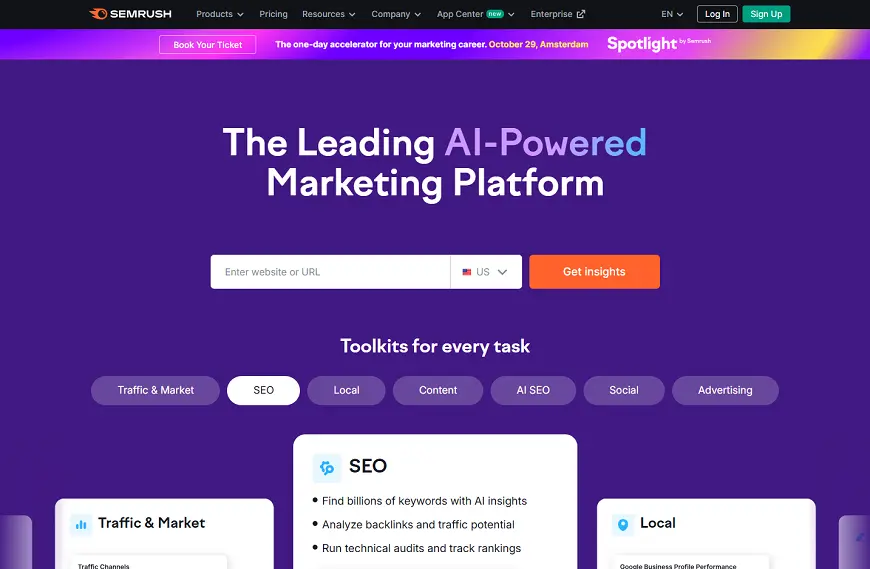
When it comes to comprehensive SEO platforms, Semrush stands in a league of its own. With over 25 billion keywords in its database and coverage of 142 geographic databases, it's the Swiss Army knife of SEO tools that 97% of Fortune 500 companies rely on for their digital marketing strategies.
Key Features:
- Keyword Magic Tool: Access to the largest keyword database with advanced filtering options
- Domain vs Domain Analysis: Compare up to 5 competitors simultaneously
- Content Gap Analysis: Discover keywords your competitors rank for that you don't
- Position Tracking: Monitor rankings for 20,000+ keywords across multiple devices and locations
- Site Audit: Comprehensive technical SEO analysis with prioritized fix recommendations
What Makes It Special: Semrush excels at competitive intelligence. Its Traffic Analytics feature can estimate your competitors' organic traffic with 80% accuracy, giving you unprecedented insights into their success strategies. The platform's Content Marketing Platform also includes AI-powered writing assistance and content templates based on top-ranking pages.
Best For: Digital marketing agencies, in-house marketing teams, and enterprises that need comprehensive competitive analysis and multi-domain management capabilities.
Price: Starting at $119.95/month
2. Ahrefs - AI Marketing Platform Powered by Big Data
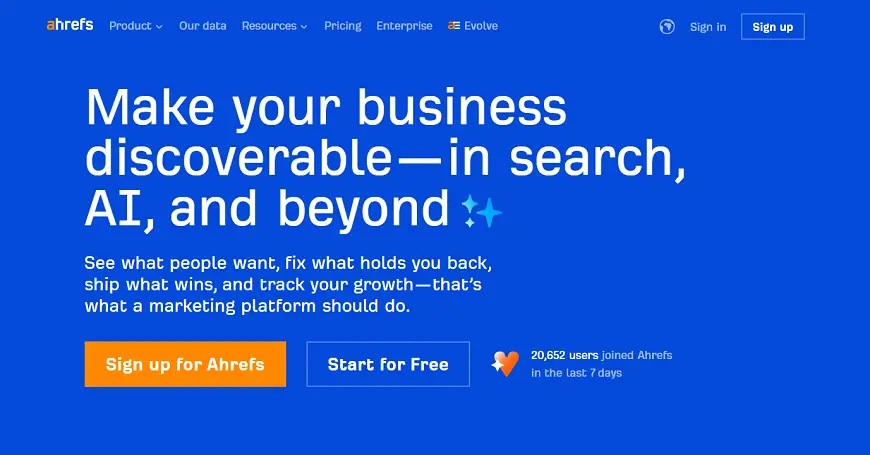
If backlinks are the backbone of SEO, then Ahrefs is your chiropractor. Boasting the second-largest backlink index in the industry with over 295 billion pages crawled, Ahrefs has earned its reputation as the go-to tool for link building and competitor backlink analysis.
Key Features:
- Site Explorer: Deep-dive into any website's organic traffic, top pages, and backlink profile
- Content Gap: Identify content opportunities by comparing your site with competitors
- Keyword Explorer: Research keywords with accurate search volume data from 10 search engines
- Site Audit: Technical SEO crawler that identifies 100+ SEO issues
- Alerts: Get notified when competitors gain new backlinks or mention your brand
What Makes It Special: Ahrefs' "Top Pages" report is pure gold for content marketers. It shows you exactly which pages drive the most organic traffic for any website, along with the keywords they rank for. Their "Parent Topic" feature is also revolutionary; it groups keywords by the page that ranks for them, helping you avoid keyword cannibalization.
Best For: Content marketers focused on organic growth, link building specialists, and SEO consultants who need detailed backlink analysis capabilities.
Price: Starting at $129/month
3. Google Search Console: The Free Foundation Tool
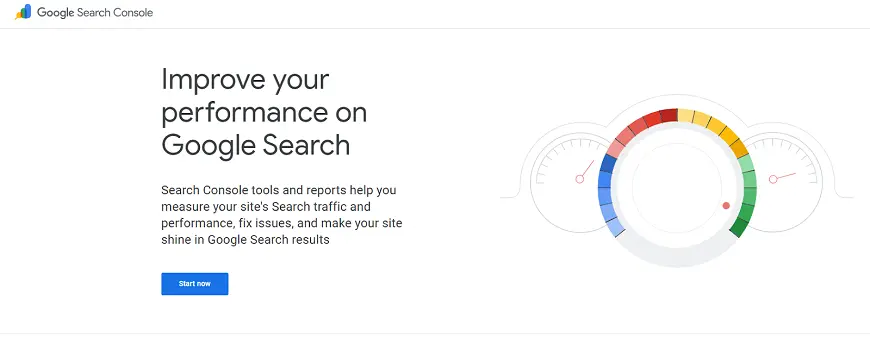
Don't underestimate the power of Google's own toolkit. Google Search Console provides direct insights from the search engine that matters most, making it an indispensable foundation for any SEO strategy. Over 5 million websites actively use Search Console to monitor their search performance.
Key Features:
- Performance Reports: See exactly which queries bring traffic to your site
- Index Coverage: Monitor which pages Google has successfully indexed
- Core Web Vitals: Track user experience metrics that impact rankings
- Rich Results Testing: Validate structured data markup
- Manual Actions: Get alerts if Google applies penalties to your site
What Makes It Special: Search Console shows you search data that no other tool can access the actual queries people used to find your website. The "Impressions" metric tells you about near-misses: queries where your site appeared in results but didn't get clicked, revealing optimization opportunities.
Best For: Every website owner, regardless of experience level or budget. It's the essential starting point for SEO analysis.
Price: Free
4. Screaming Frog: The Technical SEO Specialist
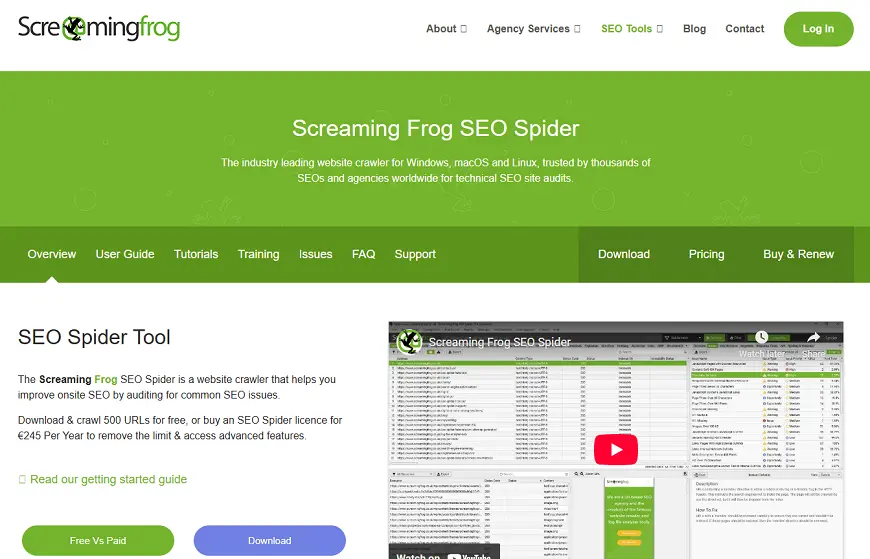
When it comes to technical SEO auditing, Screaming Frog is the industry standard. This desktop crawler can analyze up to 500 URLs for free (unlimited with the paid version) and identify technical issues that could be sabotaging your search visibility.
Key Features:
- Comprehensive Crawling: Analyze page titles, meta descriptions, headings, and response codes
- Duplicate Content Detection: Find internal duplicate content issues
- Broken Link Identification: Discover internal and external broken links
- XML Sitemap Generation: Create XML and image sitemaps
- Custom Extraction: Extract any element from pages using CSS Path, XPath, or regex
What Makes It Special: Screaming Frog thinks like a search engine bot. It crawls your site exactly how Google would, revealing issues that web-based tools might miss. The Custom Extraction feature is particularly powerful for large sites—you can extract specific data points across thousands of pages in minutes.
Best For: Technical SEO specialists, developers, and website owners who need detailed site auditing capabilities.
Price: Free version available $279/year for premium
5. Moz Pro: The User-Friendly SEO Platform
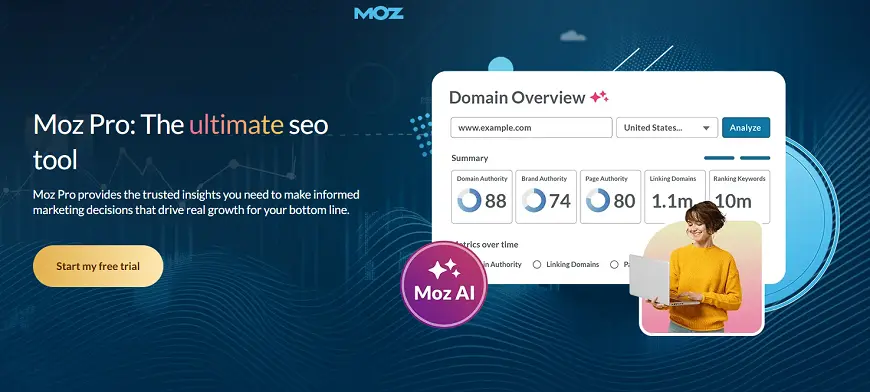
Moz has been educating the SEO community since 2004, and its Pro platform reflects decades of industry experience. Known for creating the Domain Authority metric that's widely referenced across the industry, Moz Pro offers a more approachable alternative to enterprise-level tools.
Key Features:
- Keyword Explorer: Research keywords with SERP analysis and difficulty scores
- Link Explorer: Analyze backlink profiles with Moz's proprietary metrics
- Rank Tracker: Monitor keyword rankings with local and mobile tracking
- Site Crawl: Identify technical SEO issues with actionable recommendations
- MozBar: Browser extension for on-the-fly SEO analysis
What Makes It Special: Moz's strength lies in its educational approach and user-friendly interface. Their SERP analysis includes unique metrics, such as "Priority Score," which combines search volume, difficulty, and opportunity into a single, actionable number. The platform also excels at local SEO with location-specific ranking tracking.
Best For: Small to medium businesses, SEO beginners, and marketers who prefer intuitive interfaces over complex datasets.
Price: Starting at $99/month
Recommended Blogs for You:
👉 How to Add a Webflow Link to a Section on Another Page
👉 Why Webflow Is Better Than WordPress for Modern Web Design
👉 How to Use Webflow for Beginners
👉 Hiring the Right Webflow Agency for Your Brand
6. SE Ranking: The Budget-Friendly All-Rounder
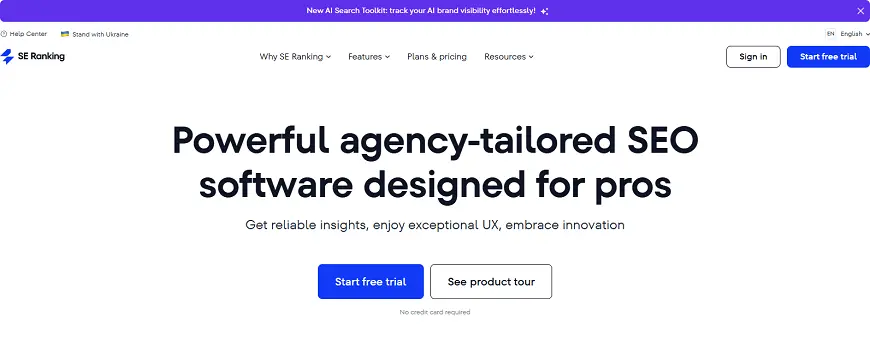
Don't let the lower price fool you, SE Ranking delivers enterprise-level features at a fraction of the cost. This Eastern European company has been quietly building one of the most comprehensive SEO platforms available, now serving over 1 million users worldwide.
Key Features:
- Rank Tracking: Monitor unlimited keywords across multiple search engines
- Website Audit: Comprehensive technical SEO analysis with white-label reports
- Backlink Monitor: Track your link-building progress and identify lost links
- Competitor Research: Analyze competitors' organic and paid search strategies
- Social Media Management: Integrated social media planning and publishing tools
What Makes It Special: SE Ranking's white-label capabilities make it perfect for agencies. You can fully customize reports with your branding and even create a custom domain for client access. Their Marketing Plan feature is unique—it combines SEO tasks with content calendar planning and social media scheduling.
Best For: Digital marketing agencies, freelancers, and small businesses that need comprehensive SEO capabilities without enterprise pricing.
Price: Starting at $52/month
7. Ubersuggest: The Simplified SEO Solution
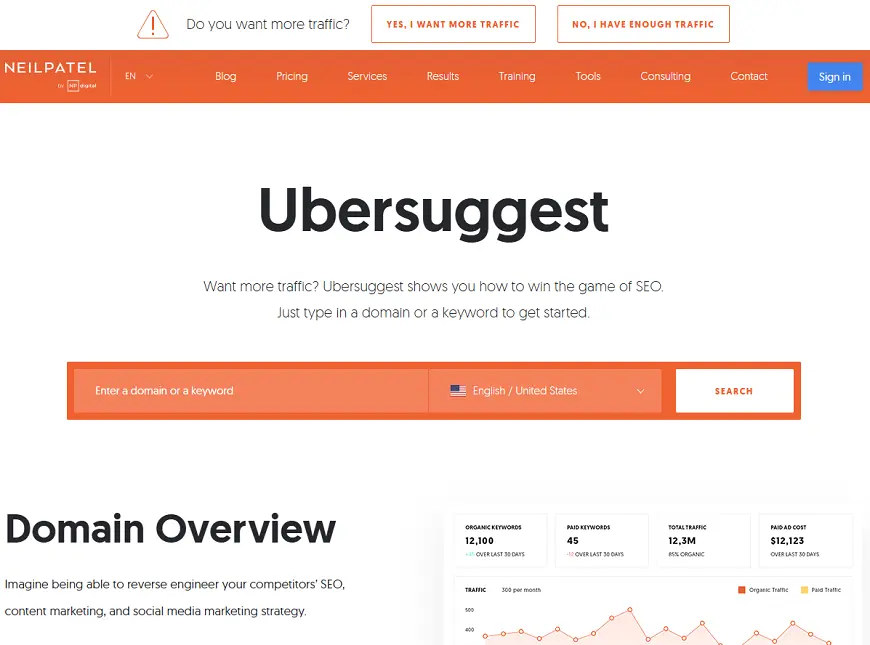
Neil Patel's Ubersuggest has evolved from a simple keyword suggestion tool into a comprehensive SEO platform. Designed with simplicity in mind, it offers core SEO functionality without the complexity that can overwhelm beginners.
Key Features:
- Keyword Research: Discover thousands of keyword ideas with search volume and difficulty
- Site Audit: Identify critical SEO issues with step-by-step fix instructions
- Backlink Analysis: Analyze competitor backlinks and identify link opportunities
- Content Ideas: Generate content suggestions based on popular topics in your niche
- Rank Tracking: Monitor keyword positions with competitor comparison
What Makes It Special: Ubersuggest's "Content Ideas" feature is brilliant for content marketing. It analyzes the most shared content in any niche and provides insights into what makes content go viral. The platform also offers surprisingly detailed competitor analysis at its price point.
Best For: Entrepreneurs, bloggers, and small business owners who want SEO insights without complexity or high costs.
Price: Starting at $12/month
8. SpyFu: The Competitive Intelligence Expert
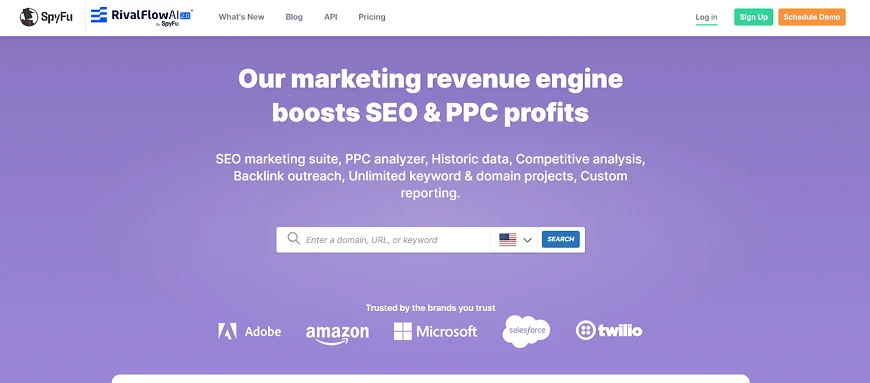
SpyFu specializes in competitive intelligence, offering deep insights into competitors' SEO and PPC strategies. With historical data going back 15+ years, it's like having a time machine for digital marketing analysis.
Key Features:
- Competitor Analysis: See every keyword your competitors have bid on and ranked for
- Historical Data: Analyze ranking and advertising trends over time
- PPC Research: Uncover competitors' ad copy and bidding strategies
- Backlink Outreach: Find websites that link to competitors but not to you
- SEO vs PPC Overlap: Identify keywords where competitors use both organic and paid strategies
What Makes It Special: SpyFu's historical perspective is unmatched. You can see how competitors' strategies have evolved over the years and identify patterns that others miss. Their "Kombat" feature directly compares your domain with competitors, highlighting opportunities and gaps.
Best For: Competitive analysts, PPC managers, and marketers who need deep competitive intelligence across both SEO and paid search.
Price: Starting at $39/month
9. Surfer SEO: The Content Optimization Specialist
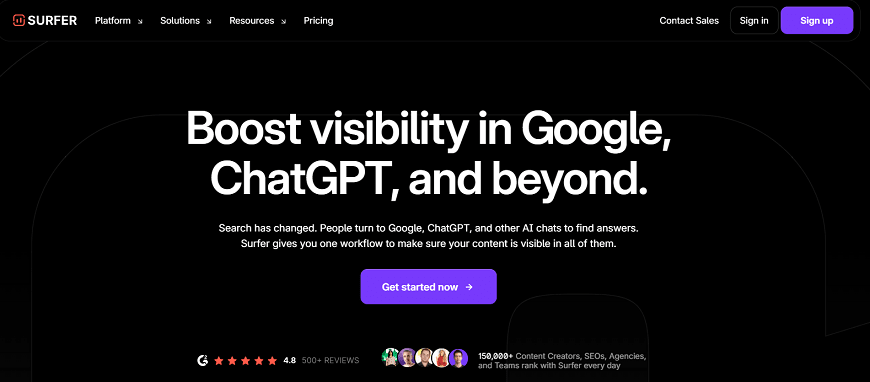
Surfer SEO has revolutionized on-page optimization with its data-driven approach to content creation. By analyzing the top-ranking pages for any keyword, Surfer provides specific recommendations for creating content that search engines love.
Key Features:
- Content Editor: Real-time optimization suggestions while writing
- SERP Analyzer: Analyze top-ranking pages for any keyword
- Content Planner: Build topical clusters and content calendars
- Audit Tool: Optimize existing pages with specific improvement recommendations
- Keyword Research: Discover semantically related keywords and topics
What Makes It Special: Surfer's Content Editor is like having an SEO expert looking over your shoulder while you write. It provides real-time feedback on keyword usage, content length, heading structure, and semantic keywords. Their "Content Score" gives you a clear target to hit for optimization.
Best For: Content creators, copywriters, and marketers focused on creating SEO-optimized content that ranks consistently.
Price: Starting at $79/month
10. BrightEdge: The Enterprise SEO Platform
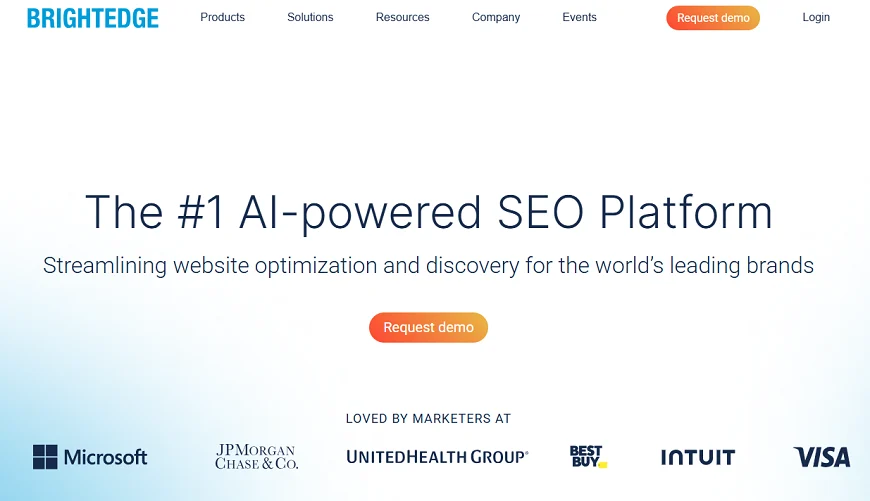
BrightEdge is the enterprise solution trusted by over 1,700 leading brands, including BMW, Netflix, and 3M. Built for large organizations with complex SEO needs, it offers advanced features and dedicated support that justify its premium positioning.
Key Features:
- ContentIQ: AI-powered content optimization recommendations
- DataMind: Advanced competitive intelligence and market analysis
- BrightEdge Autopilot: Automated SEO task management and optimization
- Local SEO: Enterprise-level local search management across multiple locations
- Technical SEO: Advanced crawling and monitoring for large websites
What Makes It Special: BrightEdge's AI capabilities are cutting-edge. Their ContentIQ feature can analyze your content against hundreds of ranking factors and provide specific optimization recommendations. The platform also offers predictive analytics, showing potential traffic impact before you make changes.
Best For: Enterprise companies, large e-commerce sites, and organizations with complex multi-domain or multi-location SEO requirements.
Price: Custom pricing (typically $10,000+/year)
Take your website design to the next level with our stunning collection of Webflow templates. making them more manageable
How to Choose the Best SEO Tools for Your Business
Selecting the right SEO tools depends on several key factors that align with your specific needs and objectives:
Consider Your Business Size and Budget
- Startups and Small Businesses: Focus on essential tools that provide maximum value. Start with Google Search Console (free) and consider Ubersuggest or SE Ranking for comprehensive features at reasonable prices.
- Growing Businesses: Invest in mid-tier solutions like Moz Pro or Ahrefs that offer more sophisticated analysis while remaining manageable for small teams.
- Enterprise Organizations: Consider comprehensive platforms like Semrush or BrightEdge that can handle complex requirements and integrate with existing marketing technology stacks.
Evaluate Your Primary SEO Focus
- Content Marketing: Prioritize tools like Surfer SEO for content optimization and Ahrefs for content gap analysis.
- Local SEO: Look for platforms with strong local features like Moz Pro or BrightEdge's local capabilities.
- Technical SEO: Screaming Frog is essential, supplemented by broader platforms that offer technical auditing.
- Competitive Analysis: SpyFu and Semrush excel at competitive intelligence and market analysis.
Integration and Workflow Considerations
The best SEO tools integrate seamlessly with your existing workflow. Consider platforms that offer:
- API Access: For custom integrations and data export
- White-Label Capabilities: Essential for agencies serving clients
- Team Collaboration Features: Shared dashboards and report distribution
- Third-Party Integrations: Connections with Google Analytics, Google Ads, and CMS platforms
The Future of SEO Tools: What's Coming in 2025
The SEO tool landscape continues evolving rapidly, driven by advances in AI and changes in search engine algorithms. Artificial intelligence integration is becoming table stakes, with 78% of SEO professionals expecting AI-powered features to be essential by the end of 2025, according to Search Engine Journal's industry survey.
Key trends shaping the future include:
- AI-Powered Content Optimization: Tools are increasingly using machine learning to provide more sophisticated content recommendations, moving beyond keyword density to semantic understanding and user intent.
- Voice and Visual Search Integration: As voice searches account for over 20% of mobile queries, SEO tools are adding capabilities to optimize for conversational queries and image search.
- Core Web Vitals Monitoring: With page experience as a confirmed ranking factor, tools are expanding their technical monitoring to include detailed user experience metrics.
- Entity-Based SEO: Tools are shifting focus from keywords to entities and topics, helping marketers build topical authority rather than just targeting individual terms.
Frequently Asked Questions
What is the most important SEO tool for beginners?
Google Search Console should be your starting point. It's free, provides direct insights from Google, and helps you understand how your website currently performs in search results. Once you're comfortable with Search Console, consider adding Ubersuggest or Moz Pro for more comprehensive analysis.
How many SEO tools do I actually need?
Most successful marketers use 3-5 core tools: one comprehensive platform (like Semrush or Ahrefs), Google Search Console for direct Google insights, a technical crawler (like Screaming Frog), and a content optimization tool (like Surfer SEO). The key is choosing tools that complement rather than duplicate functionality.
Are free SEO tools enough for small businesses?
Free tools can provide significant value, especially Google Search Console, Google Analytics, and the free versions of tools like Ubersuggest. However, paid tools offer deeper insights, more comprehensive data, and time-saving features that often justify their cost as your business grows.
How do I measure ROI from SEO tools?
Track metrics that directly impact your business: organic traffic growth, keyword ranking improvements, conversion rate increases, and time saved on manual tasks. A tool pays for itself if it helps you identify opportunities that generate more revenue than its cost, or saves enough time to justify the expense.
Should I use multiple SEO tools or focus on one comprehensive platform?
This depends on your needs and budget. Comprehensive platforms like Semrush offer convenience and integrated workflows, but specialized tools often excel in specific areas. Many successful marketers use a primary platform supplemented by specialized tools for specific needs like technical auditing or content optimization.
How often should I run SEO audits and analysis?
Technical audits should be performed monthly for active websites, while competitive analysis and keyword research can be done quarterly. Ranking tracking should be ongoing, and content optimization should happen before publishing new content and when updating existing pages. Webflow users have an advantage here since the platform's clean code structure makes technical issues less common, allowing you to focus more on content and competitive strategies.
Conclusion: Building Your SEO Success Framework
The gap between successful websites and invisible ones often depends on tool selection. The best SEO tools provide actionable insights that drive measurable results.
Start with your specific goals, budget, and expertise level. Choose tools that align with these factors. Google Search Console and Ubersuggest work well for beginners. Comprehensive platforms like Semrush and Ahrefs suit growing businesses.
The best SEO tool is one you'll use consistently. Master one or two core platforms first. Expand your toolkit as needs evolve and expertise grows.
Data should guide optimization decisions. Measure results regularly. Let performance metrics inform your strategy development.
Webflow's built-in SEO capabilities work powerfully in conjunction with external tools. This combination creates stunning websites that rank consistently. Build visually, optimize strategically, and watch organic traffic grow.
Start building your SEO-optimized website with Webflow today

.png)

